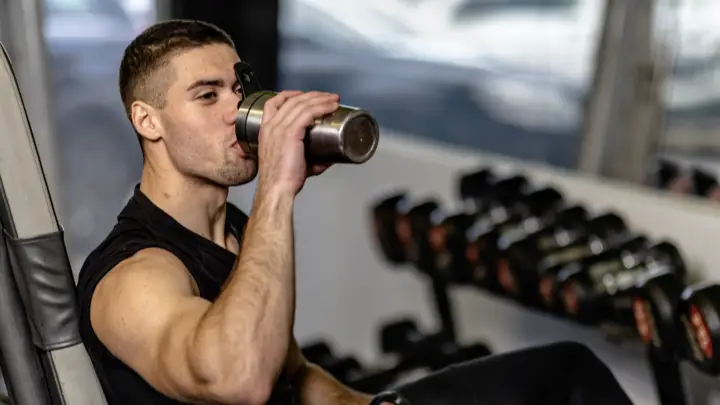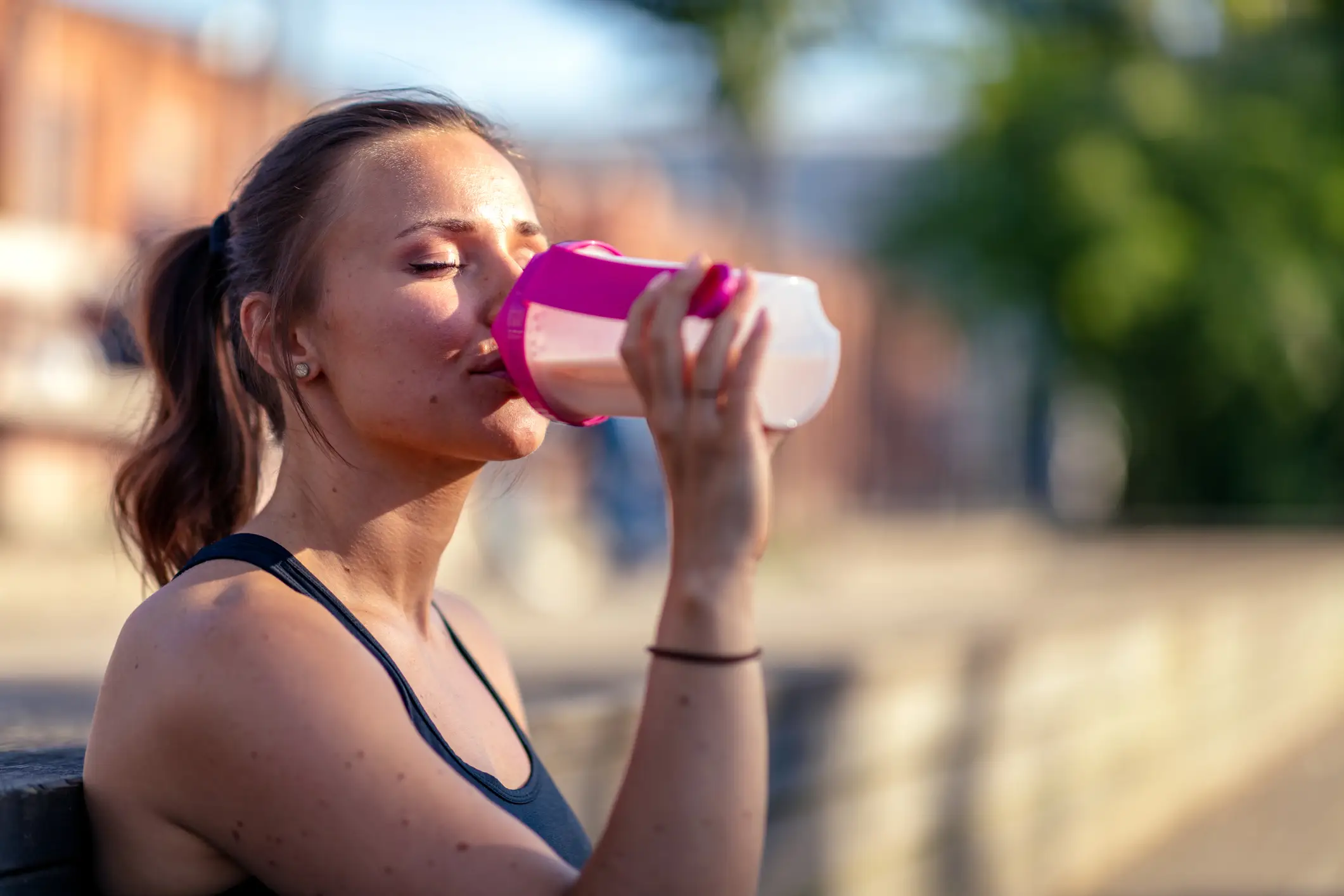
A nutrition expert with over three decades of experience under his belt has busted the 'biggest myth' around protein consumption.
It seems like the whole world has become obsessed with getting those gains over the last few years, as protein is constantly a topic of conversation on social media.
It's hard to have a quick scroll on your favourite app without seeing some sort of protein-related content - but not everything we see is entirely accurate.
Amid the flood of fitness influencers and so-called health gurus online these days, it can be hard to ascertain whose advice is actually correct.
Advert
This is why health expert and leading researcher Alan Aragon took the opportunity to set the record straight during his recent appearance on The Diary Of A CEO podcast.

As well as sharing his thoughts on whether fasting is worth it, the Flexible Dieting author - who has worked with celebrity clients such as 'Stone Cold' Steve Austin and Derek Fisher - lifted the lid on how much protein we really need.
According to Aragon, people have got the 'hierarchy of importance all screwed up' when it comes to protein consumption.
"Everybody's worried about how much protein per meal you need to have for this or that goal," he told podcast host and entrepreneur Steven Bartlett.
"When do you need to time protein relative to the training bout or waking or sleeping or all that stuff...
"The main thing they need to be focused on is how much protein do they need to eat by the end of the day. Because when you hit that goal, you've basically won the whole game."
The fitness buff said that the 'placement, distribution, timing and the doses' of the protein you eat 'rarely matters', contrary to popular belief.
Aragon says that the main thing is ensuring you hit your protein target in a 'way that's comfortable and convenient for you', that will last in the long term.

"Some people are more like grazers, some people are more like gorgers," he said of how people fuel their bodies. "They're both fine, as long as you hit the total by the end of the day."
Aragon, who also runs a private practice which designs health programs for pro athletes, then outlined the 'hierarchy' that people should be following.
"Of utmost importance, get your total daily protein," he said. "And then of secondary importance would be, what is the distribution of the constituent doses of that protein total through the day?
"And then of third importance is when specifically are you supposed to time that protein around the training bout. The way that I put it is like this - the daily total for protein, that is the cake.
"The distribution of the doses through the day, that's the icing on the cake, and it's a very thin layer of icing."
Aragon then made reference to a 2020 study led by Tokai University lecturer Jun Yasuda, which sought to discover whether protein was better received by the human body via three meals or two meals.
"The three meal model had superior effects for muscle gain," the expert told Bartlett. "Yasuda and colleagues who tested the two versus three, he totalled everybody out at 1.3g per kilogram of body weight per day.
"That's the total daily protein dose. And so we know now that that's a suboptimal total, if you want to push muscle growth.
"So for pushing muscle growth, we know you should be at 1.6g per kilogram of body weight, which translates to 7g per pound of body weight.
"That's where you really want to be if you want to maximise muscular adaptations to resistance training, like muscle size and strength gains."
Healthline reports that active people need to consume between '1.2 to two grams of protein per kilogram of body weight' to build muscle, but speak to a professional if you've got specific goals in mind.
Otherwise, keep chowing down high-protein foods, such as chicken, steak, fish, and eggs - and refer to Aragon's advice if you ever get in an argument with a self-proclaimed protein 'expert'.
Topics: Health, Lifestyle, Food And Drink, Podcast, News